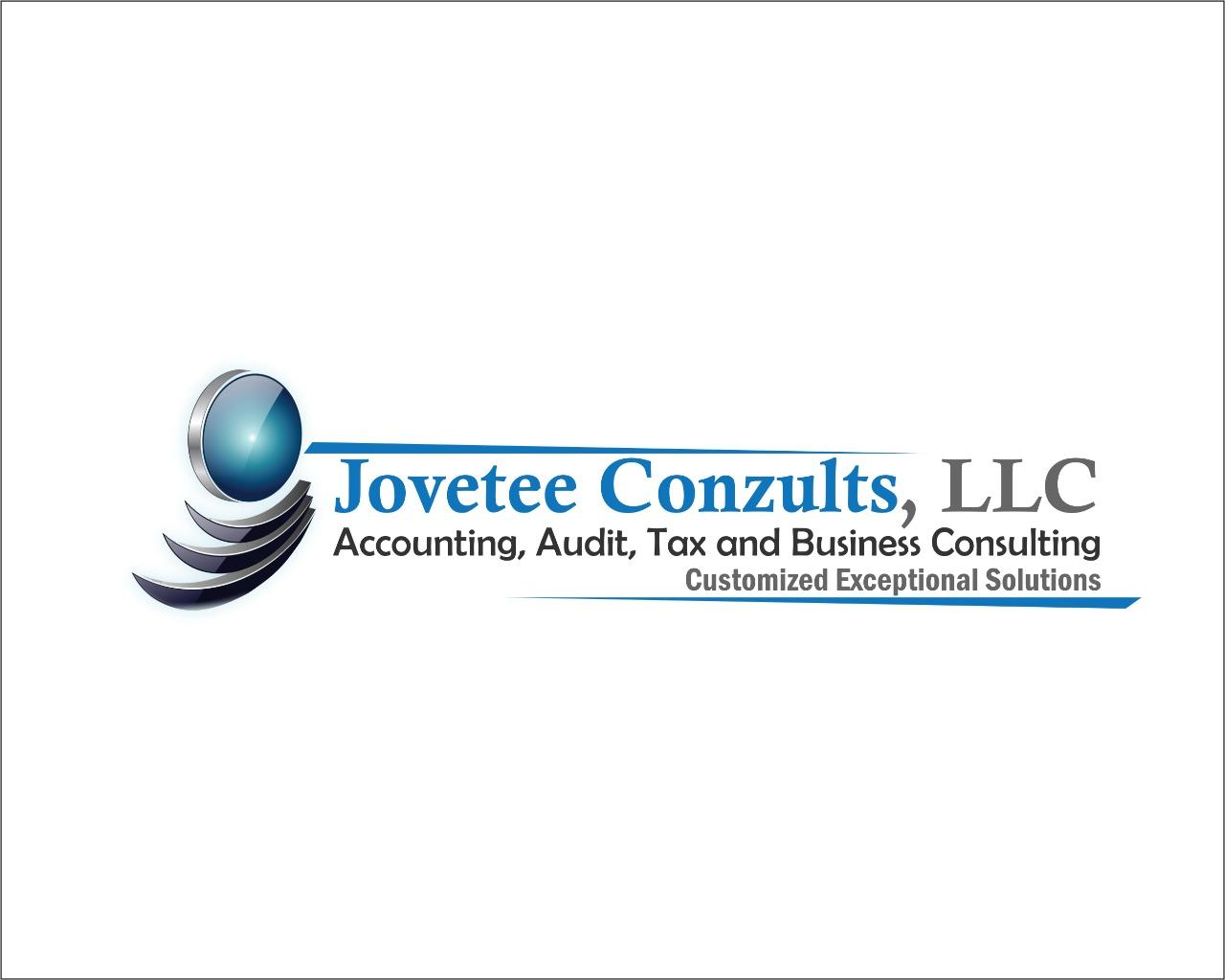
Tips for taxpayers to make filing easier
- Tax Services: Professional Tax Services: Ensure to Contact US at Jovetee for all your Tax Services or
- Email: info@joveteeconzults.com
- *Avoid IRS Audit:
- Tax Organizer is very important for any Tax Payer,
- Ensure to keep all your receipts if you intend to deduct them,
- make sure that you can reach your Tax Preparer when you have questions
- Stimulus Payments: For those who may be eligible for stimulus payments
- Most people received Economic Impact Payments automatically, and anyone who received the maximum amount does not need to include any information about their payments when they file.
- However, those who didn’t receive a payment or only received a partial payment may be eligible to claim the *Recovery Rebate Credit when they file their 2020 tax return. Tax preparation software, including IRS Free File, will help taxpayers figure the amount.
- Stimulus Payment Amount Important For 2021 Tax Preparation, You must report the amount of the (if any)
- first stimulus payment the Taxpayer received (before offset for any past-due child support payment); This was generally received in Summer 2020
- second stimulus payment the Taxpayer received (before offset for any past-due child support payment); This was generally received in late December 2020 and mid-February 2021
- Include Notice 1444 in your tax documents if received from the IRS
- Remember, advance stimulus payments received separately are not taxable, and they do not reduce the taxpayer’s refund when they file in 2021.
- ******************************************************************************************
Key filing season dates
There are several important dates taxpayers should keep in mind for this year’s filing season:
- January 15. IRS Free File opens. Taxpayers can begin filing returns through Free File partners; tax returns will be transmitted to the IRS starting Feb. 12. Tax software companies also are accepting tax filings in advance.
- January 29. Earned Income Tax Credit Awareness Day to raise awareness of valuable tax credits available to many people – including the option to use prior-year income to qualify.
- February 12. IRS begins 2021 tax season. Individual tax returns begin being accepted and processing begins.
- February 22. Projected date for the IRS.gov Where’s My Refund tool being updated for those claiming EITC and ACTC, also referred to as PATH Act returns.
- First week of March. Tax refunds begin reaching those claiming EITC and ACTC (PATH Act returns) for those who file electronically with direct deposit and there are no issues with their tax returns.
- April 15. Deadline for filing 2020 tax returns.
- October 15. Deadline to file for those requesting an extension on their 2020 tax returns
*******************************************************
Read More
*Recovery Rebate Credit
Most individuals eligible for the Recovery Rebate Credit have already received the full amount in two rounds of payments, known as Economic Impact Payments.
If we issued you the full amount of each Economic Impact Payment, you won’t need to claim the Recovery Rebate Credit or include any information related to it when you file your 2020 tax return because we already issued your Recovery Rebate Credit as Economic Impact Payments.
If you’re eligible for the credit, and either we didn’t issue you any Economic Impact Payments or we issued less than the full amounts, you must file a 2020 tax return to claim the Recovery Rebate Credit even if you are not required to file a tax return for 2020.
Economic Impact Payments were based on your 2018 or 2019 tax year information. The Recovery Rebate Credit is similar except that the eligibility and the amount are based on 2020 information you include on your 2020 tax return.
You will need to know the amount of any Economic Impact Payments issued to you to claim the Recovery Rebate Credit. If you’re eligible for the Recovery Rebate Credit on your 2020 tax return, it will be reduced by any Economic Impact Payments we issued to you. Always be complete and accurate when you file a return.
*avoiding an audit
The key to avoiding an audit is, to be accurate, honest, and modest. Be sure your sums tally with any reported income, earned or unearned—remember, a copy of your earnings is being furnished to the IRS, as the forms say. And be sure to document your deductions and donations as if someone were going to scrutinize them: Credit to Investopedia
For More Questions Contact US at Jovetee










